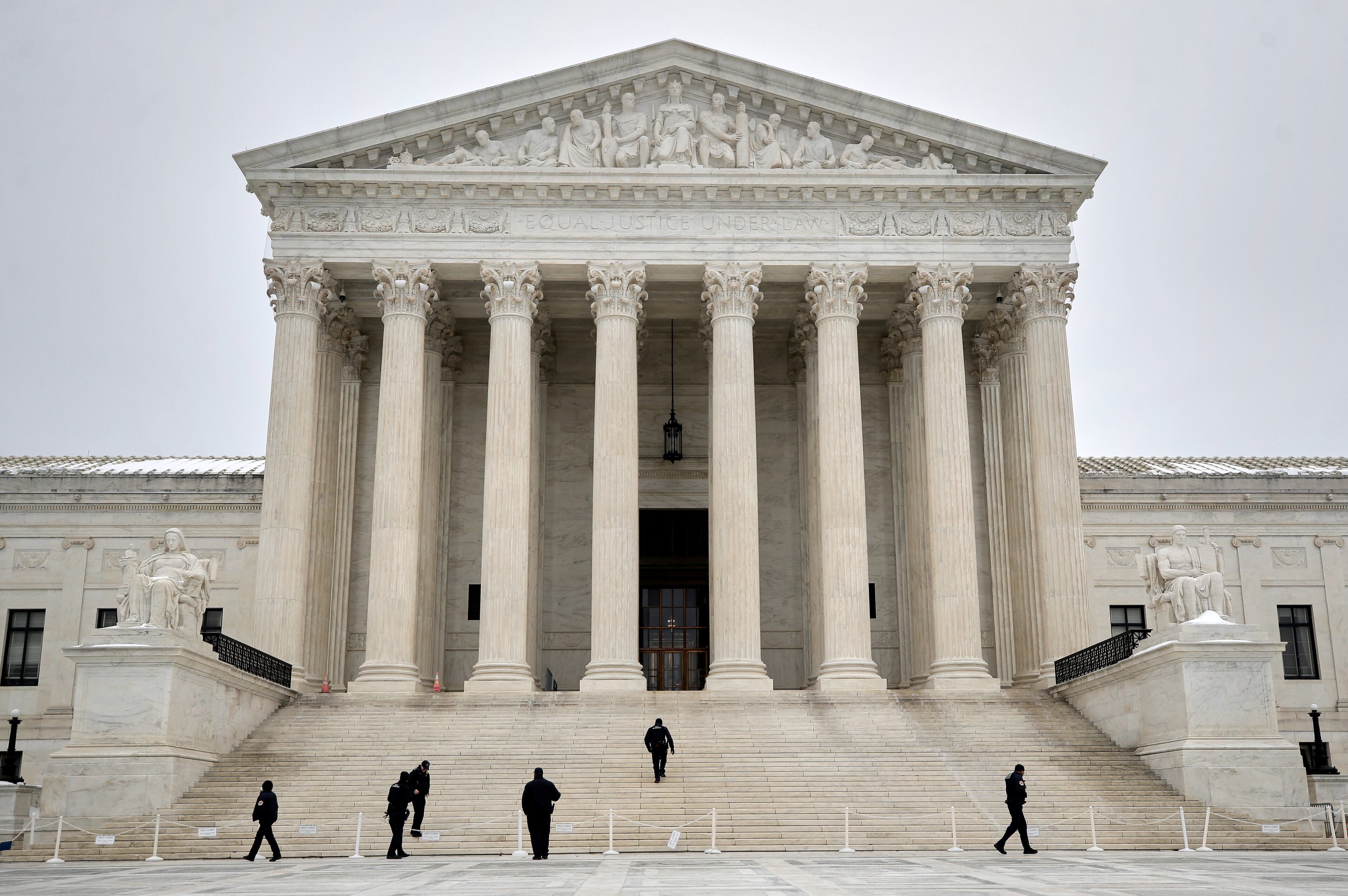Anti-Trump GOP groups upping pressure on Senate Republicans
While President Donald Trump’s impeachment remains stalled between the U.S. House and Senate, two anti-Trump GOP groups are ratcheting up the pressure on senators to allow witnesses.
A new ad released this week by a group called Republicans for the Rule of Law targets U.S. Sen. Susan Collins (R-Maine). The ad is airing in Maine during the top-rated "Fox and Friends" and "Hannity," according to the Press-Herald.
The ads are targeting Collins and Sens. Mitt Romney (R-Utah), Lamar Alexander (R-Tennessee) and Lisa Murkowski (R-Alaska) who, earlier this week, was critical of Senate Majority Leader Mitch McConnell.
Murkowski objected to McConnell's assertions the Senate would march in lock step with the White House when arranging impeachment proceedings.
“To me, it means that we have to take that step back from being hand in glove with the defense, and so I heard what leader McConnell had said, I happened to think that hat has further confused the process,” Murkowski said.
"We'll be working through this process, hopefully in a fairly short period of time in total coordination with the White House counsel's office and the people who are representing the president as well as the Senate," said McConnell, a longtime Kentucky senator.
»MORE: Your impeachment guide for the holidays
Murkowski, however, also has been critical of the House’s impeachment proceedings. She said the Senate is being asked to cure deficiencies in evidence to be presented at the trial, particularly when it comes to whether key witnesses should be brought forward to testify, including White House Chief of Staff Mick Mulvaney and former national security adviser John Bolton.
Another group, the Lincoln Project, also opposes Trump's reelection.
»MORE: Who are the major players in a Trump impeachment trial?
Trump is only the third sitting president in American history to be impeached, joining Andrew Johnson and Bill Clinton.
The two articles of impeachment by House Democrats — abuse of power and obstruction of Congress — point to Trump pressuring Ukraine to investigate 2020 political rival Joe Biden while withholding as leverage military aid the country relies to counter Russia as well as his efforts to block the House investigation.
With Congress now on its holiday break, House Speaker Nancy Pelosi still hasn't sent Trump's articles of impeachment over to the Senate, the next step in an impeachment trial.
Despite Democrats' professed sense of urgency in passing House impeachment articles against the president, Pelosi has delayed sending the charges over to the Senate. Pelosi is demanding information from the Senate on how it plans to conduct Trump's trial and hopes to give Senate Minority Leader Chuck Schumer of New York more leverage in talks with McConnell.
Pelosi also has refused to name the House managers who will handle the Senate trial until Senate leaders meet her demands.
The Constitution requires a two-thirds majority in the Senate to convict in an impeachment trial, thus making Trump’s actual removal from office highly unlikely in the GOP-controlled Senate.

